
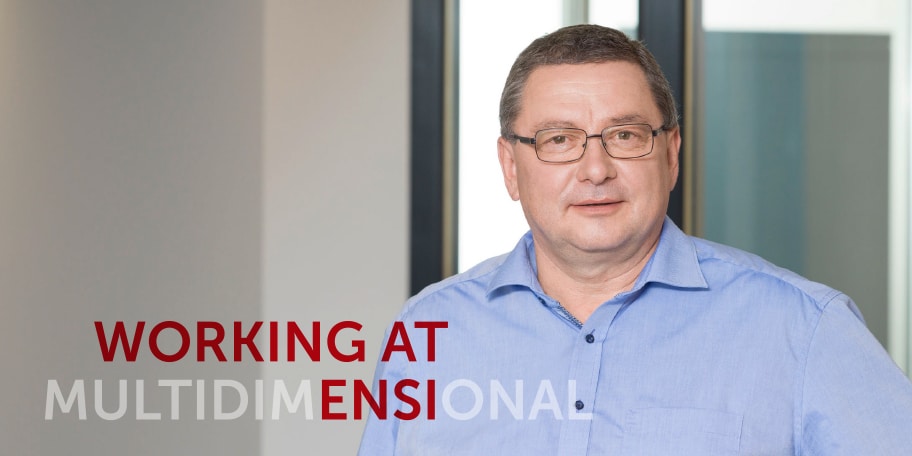
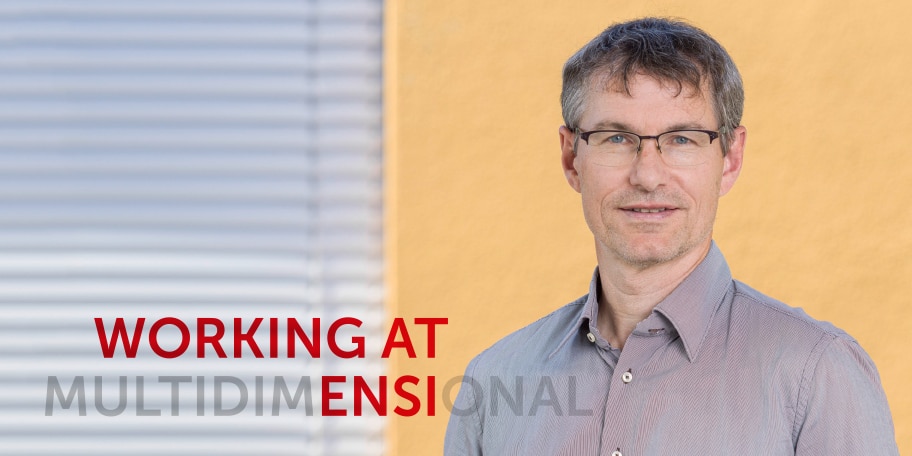
From people and organisation to disposal & analyses and to systems engineering: which specific tasks are covered by which section, and what does an average working day look like for our employees? Get to know some of our team here and find out what makes ‘Working at ENSI’ an exciting challenge for each and every one of them.
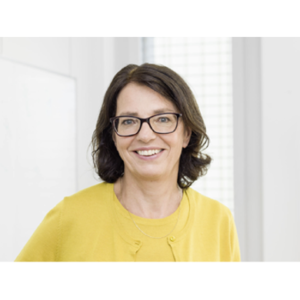
Claudia Humbel Haag
My team focuses on the safety-related actions of the people who work in the nuclear power plants, as well as the organisational and technical tools required for this. A great deal is in flux in technology and society, as well as in the science of work and organisational studies. This means that we are also required to reflect on the regulatory requirements in the area of people and organisation and to further develop our supervisory methods. Our main tools are inspections and technical discussions. We conduct these with a range of different specialists, which of course also makes the working environment very diverse.
What I also appreciate about my job is the scope for personal initiative. For example, with ENSI’s support, I had the opportunity to complete the part-time MAS course in ‘Philosophy and Management’ at the University of Lucerne while continuing in my job. I was also able to suggest agile management of a project in which we adapted an important guideline, using the Scrum method. So at ENSI, there are always opportunities to broaden your horizons and take on new challenges.
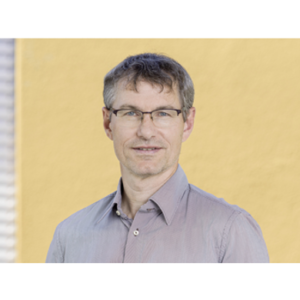
Martin Herfort
The safe disposal of radioactive waste is a truly Herculean task. I am proud to be able to make an active contribution to it. In my team, everything revolves around deep geological repositories. The tasks I am involved in are complex: for example, I am the ENSI delegate in the international Mont Terri research project, which is investigating the properties that make clay formations suitable for the deep geological disposal of radioactive waste. In addition, I support the international expert group on deep geological disposal as secretary and I deal with the recommendations of bodies such as the Commission for Nuclear Safety, among other things. I also represent ENSI at external events such as panel discussions or lectures, which is always a very honourable task.
When dealing with deep geological repositories, there is no universal recipe – each project is absolutely unique with its own individual requirements. This specialised work at the cutting edge of science and technology is incredibly exciting. In particular, I am able to apply and continuously expand a great deal of theoretical knowledge that I acquired during my doctorate at the University of Tübingen and as a senior assistant in engineering geology at ETH Zurich.
What I like about the working atmosphere at ENSI is the pleasant mix of personal responsibility, great teamwork and optimal working conditions, including part-time options.
Based on the legal situation, we have to take into account the public’s understanding in addition to the technical component in everything we do.
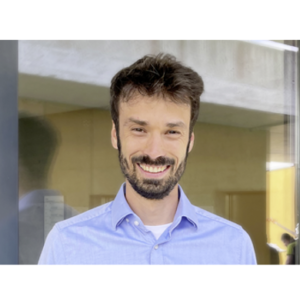
Philipp Schädle
From the spread of radionuclides in the geosphere and biosphere to scenario analysis and the long-term behaviour of engineered barriers: in my job, I deal in particular with analyses related to the safety of deep repositories. For example, we develop numerical models to calculate hydromechanical processes in the barriers and in the geosphere, or investigate which phenomena influence the spread of radionuclides. My work makes an important contribution to the safe storage of radioactive waste, which gives this job a sense of purpose. I also appreciate working at the interface with science. I studied environmental protection technology at the University of Stuttgart, worked in a Swiss engineering firm and then held various academic positions at ETH Zurich. What characterises my current job at ENSI is that I can combine theoretical knowledge and practice particularly well.
The complexity of the arguments, data and models makes our work particularly challenging. In addition to the technical component, we also have to take into account the legal situation and the public’s understanding of everything we do.
I see ENSI as a flexible, modern and reliable employer. I also appreciate the broad spectrum of continuing education and international exchanges with research institutions and other regulatory authorities. In addition, the work is always exciting and varied due to the regular need to think outside the box.
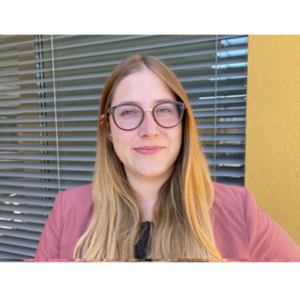
Luana Hafner
My section deals with the technical and organisational measures for protecting the staff of nuclear plants against radiological risks. I focus on dosimetry and epidemiology. Dosimetry includes supervisory activities, but also tasks such as maintaining ENSI’s internal dose records. In the field of epidemiology, I conduct research on the calculation of radiation-induced cancer risk. ENSI has given me the opportunity to write my doctoral thesis in this field part-time at the Ludwig Maximilian University of Munich, which I am very pleased about.
Not least for this reason, I perceive ENSI as a supportive employer. I also appreciate the exciting and varied tasks – no two days are the same here and I am always learning something new.
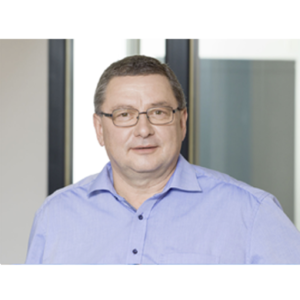
Torsten Krietsch
Safety, responsibility and development potential: that’s what I associate with ENSI, and it’s also reflected in my day-to-day work. My main task is to oversee the decommissioning of nuclear facilities, both with the help of internal cross-departmental project management and externally in exchange with federal and cantonal agencies. I work with specialists from a wide range of fields and can combine office work with practical implementation on site. Sharing experiences internationally is also part of my job and is always particularly exciting.
Being part of the decommissioning process for nuclear power plants offers enormous potential for professional development, as the dismantling is complex and dynamic. Many a project is the first of its kind in Switzerland, so we are sometimes confronted with completely new issues. However, ENSI provides the best conditions for successfully mastering the challenges ahead, with intensive training in all legal, technical and procedural matters right from the start. In addition, all employees benefit from interdisciplinary cooperation and development opportunities, whether it’s attending seminars and workshops or working on national and international committees. Personally, I approached ENSI from abroad, started as a technical specialist and then managed two different sections. It was definitely a good career move!
Eidgenössisches
Nuklearsicherheitsinspektorat ENSI
Industriestrasse 19
5201 Brugg
Phone: +41 56 460 84 40
E-Mail: HR-ensi@ensi.ch